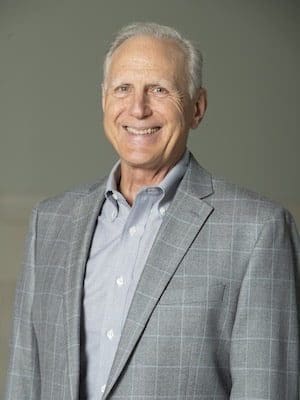Someday history will ask: “When American evangelicals were sacrificing their claimed values and witness to overwhelmingly embrace a religious/political ideology in stark contrast to the life and teachings of Jesus, was anyone speaking out?”
I want researchers to stumble across Nurturing Faith and say, “Yes, look here!”
More importantly, I want my daughters to be able to say without shame, “My dad did.”
American evangelicalism is quickly becoming a lost cause. I’m with those who think we need some death to get to resurrection.
For so many, racially-driven fear of losing one’s cultural dominance is simply stronger than the clear, sacrificial call of Jesus to, “Follow me.”
Largely, minds have been made up, and the strong religious and political defensive of this redefinition of “Christian” in America is in place. And it doesn’t treat people the way Jesus treated people.
It is neither overstated, alarmist nor invalid to note the nearly wholesaling of the public Christian identity to this narrow religious/political ideology at odds with everything Jesus said and did. To suggest otherwise is derelict.
All it takes is getting outside one’s bubble and hearing how American evangelicalism (and, by extension, Christianity) is being perceived — rightly, based on a boatload of evidence from the every form of media. They aren’t the ones getting it wrong.
Pushing back against a cultural tide is never popular; therefore, even many who know better stay silent.
Throughout American history, criticism of abuse and abusive theology has always been treated more harshly at the time than the injustice itself.
For some, it’s a matter of comfort — by avoiding anything with a hint of controversy or conflict.
“Just be nice” has long been code for “just ignore it.” But ignoring such damaging realities is to be complicit.
Most important for us, today, is standing and speaking for truth and justice — where real people really suffer from misguided principles, priorities and actions. But what about the long view as well?
I’m convinced that history will look back in exasperation and ask “how” and “why” in the same ways those questions are raised now about the great moral failings of American Christianity in decades and centuries past.
So, I’m far less concerned today about getting social media “likes,” keeping all readers happy, avoiding criticism, or any measure of “success,” than I am about being faithful to the hard but clear call to follow Jesus above any other priority.
And to being a faithful, even persistent voice sounding that calling. Hopefully, with the right measure of grace but not avoidance.
Therefore, when people wince and ask, “Why do you write that stuff?” — my best response begins with, “Because someday…”
Someday.
Director of the Jesus Worldview Initiative at Belmont University in Nashville, Tennessee and former executive editor and publisher at Good Faith Media.



